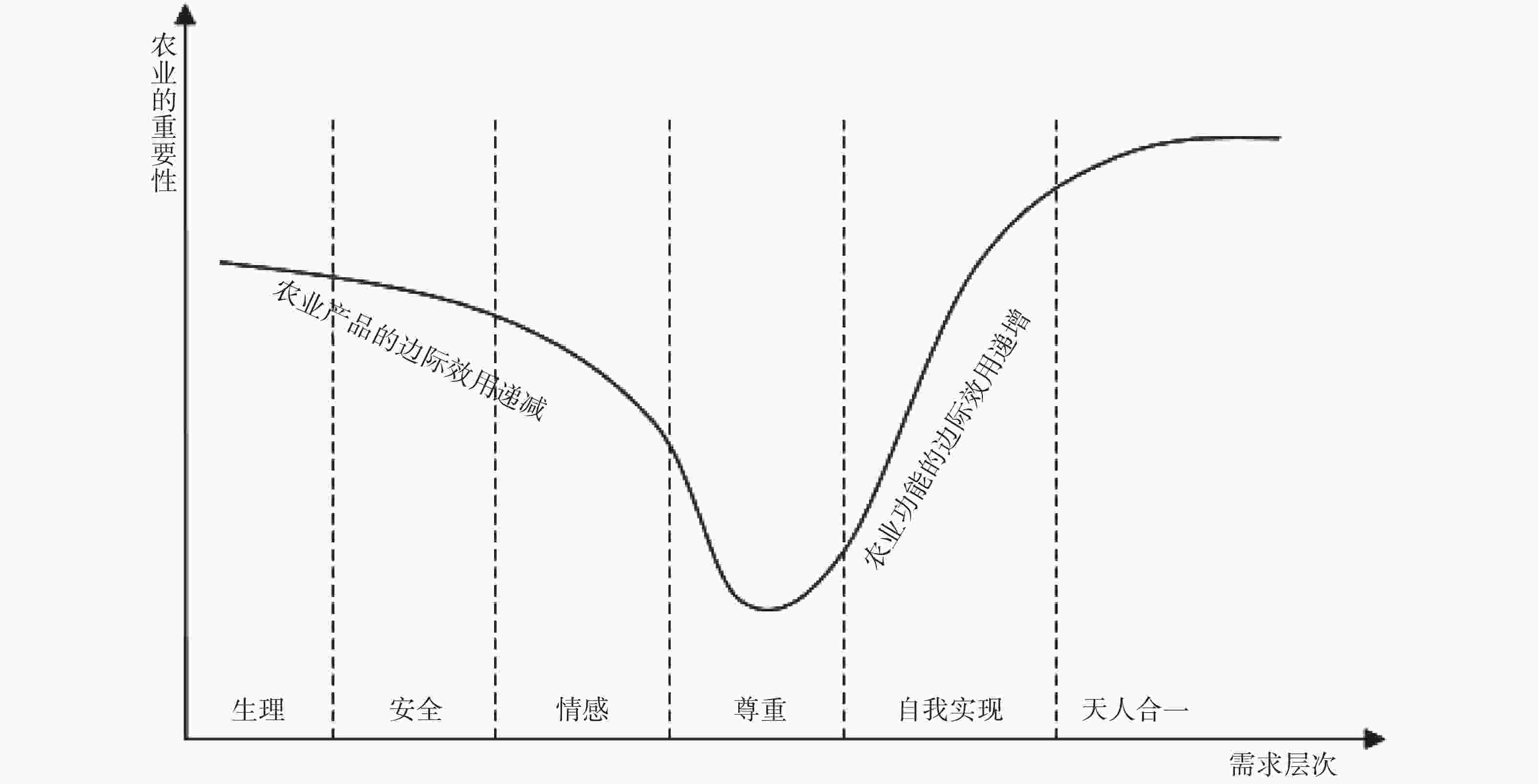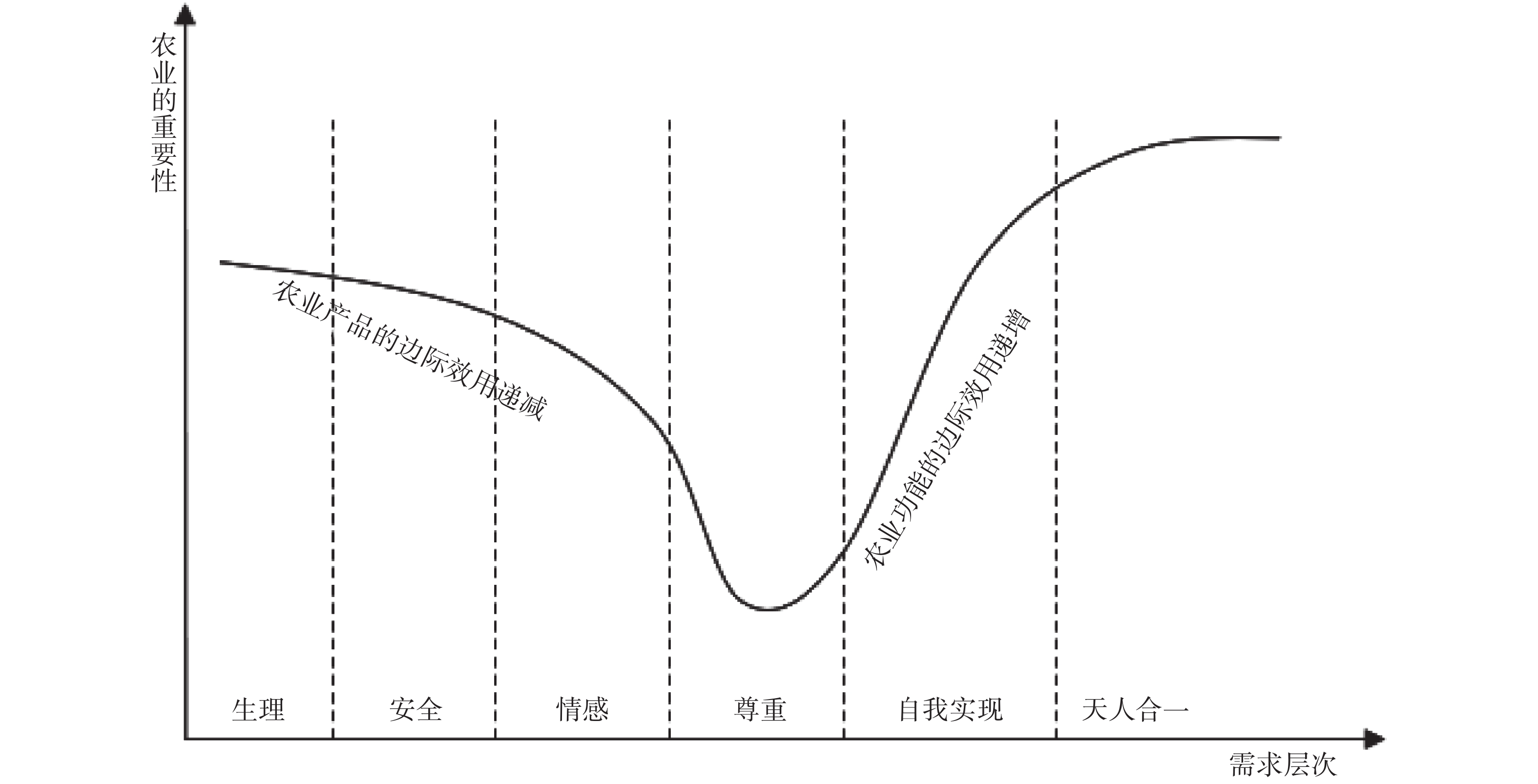增长、转型与生态化发展—从产品性农业到功能性农业
Growth, Transformation and Ecological Development
-
摘要: 无论是增长理论还是发展理论,基本主线是谋求物质匮乏的最小化与经济财富的最大化。经济学尤其是主流发展经济学,一直是满足物欲、追求产出与经济增长最大化的经济学。同样,农业的经济增长,被视为既表达了农业产出水平的高低,也代表了农业现代化的发展水平。从人的生物天性及农业的生命逻辑来说,在人类生存问题解决之后,继续谋求农业的工业化及其经济效率,应该是与人性本质背道而驰的。为此,新的发展经济学应该构建起关于福祉与幸福的分析框架,农业的发展必须从经济功能转型为生态与社会功能导向。鉴于农业“生态品”的公共性与外部性,促进农业功能的市场化交易,交易的制度结构及其市场设计是需要予以关注的重要研究领域。Abstract: Both growth theories and development theories emphasize the minimization of material scarcity and the maximization of economic wealth. Economics, especially the mainstream development economics, has long been considered as an economics rooted in satisfying material desires, maximizing outputs and pursuing economic growth. Similarly, agricultural economic growth represents the level of agricultural productivity and the level of agricultural modernization. From the perspective of human biological nature and the logic of agricultural life, continually pursuing agricultural industrialization and its economic efficiency after the survival dilemma has been solved goes against the essence of human nature. Therefore, the new development economics should build an analytical framework based on human well-being and happiness. Further, agricultural development needs to transform from economic functions to ecological and social functions. Considering the publicity and externality of agricultural “ecological products”, more attentions should be paid to the fields of market-oriented transaction of agricultural function, the institutional structure of transaction and its market design.
-
表 1 不同的交易情境
人与物 可替代财物 人格化财产 公共物品(生态品) 人与人 非熟人之间 纯市场交易(纯市场) 人格化物品的市场交易(禀赋效应约束市场) 市场缺位 熟人之间 熟人间的物品交易(情感市场) 人格化物品在熟人间的交易(赠送、继承…) 俱乐部物品社区福利 -



 下载:
下载:



 沪公网安备 31010102003103号
沪公网安备 31010102003103号